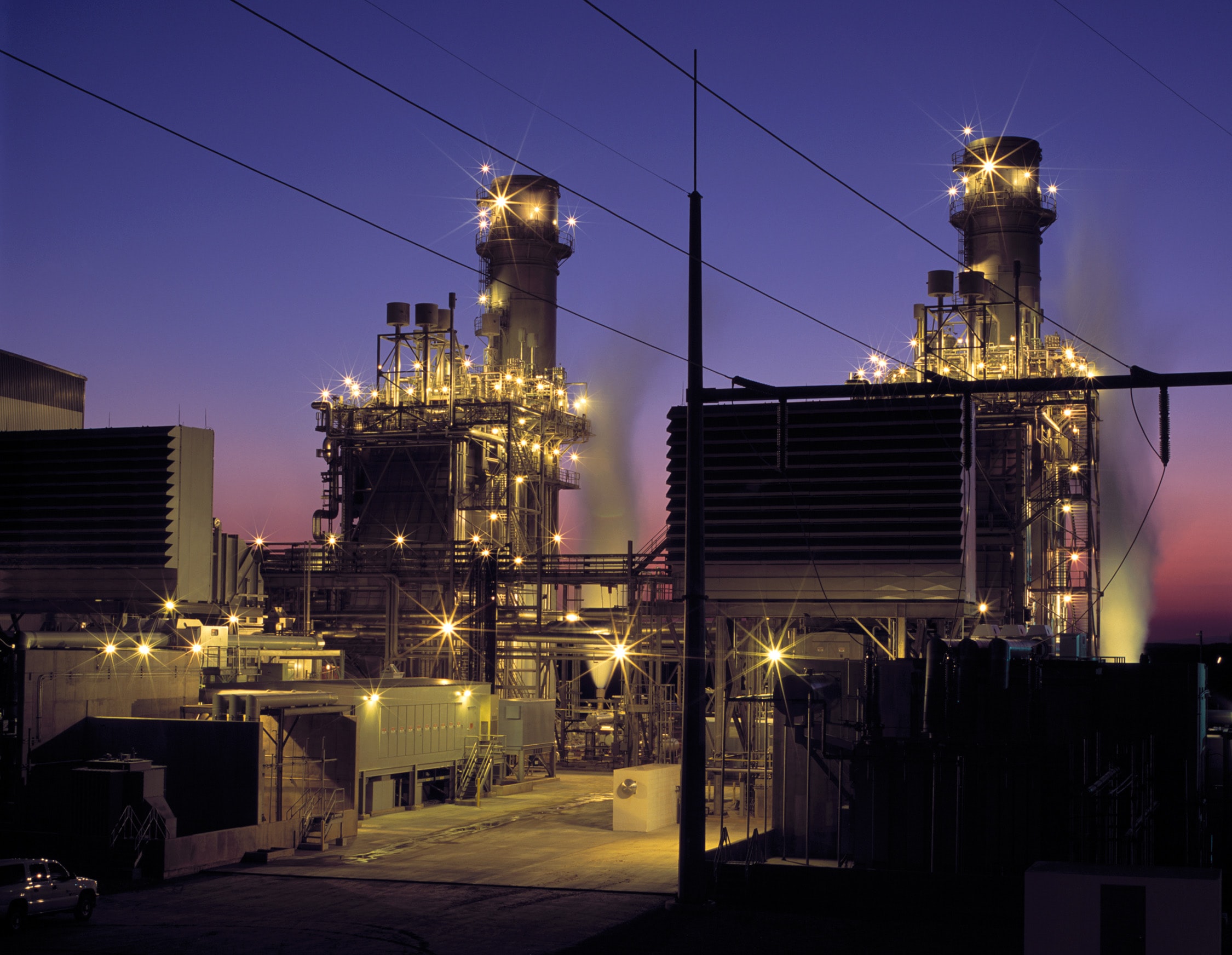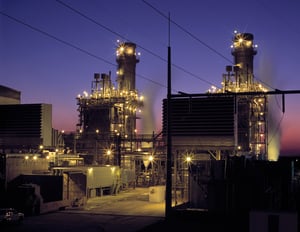Understanding CNG and its Benefits for Your Fleet


Given the economic, environmental, and bottom-line benefits that natural gas can provide, it makes good business sense that corporations have invested in natural gas to power their fleets. This past October, UPS announced it would add over 6,000 vehicles to its natural gas fleet beginning in 2020 and running through 2022. The vehicles will be equipped with compressed natural gas (CNG) fuel systems. This three-year commitment represents a hefty $450M investment in UPS’ expansion of their alternative fuel vehicle fleet and supporting infrastructure.
With industry-leading corporations on board with CNG and government incentives, such as tax credits available for fleets that adopt CNG, it’s little wonder that CNG is positioned to become a leading alternative fuel for fleets. So, what exactly is CNG, and what benefits could CNG fuel systems provide your fleet? Let’s take a closer look.
CNG: The Basics
CNG is one of two forms of natural gas that are currently used in vehicles. The other form is liquefied natural gas (LNG). Domestically produced, relatively low-priced, and commercially available, CNG consists mostly of methane. It’s made by compressing natural gas to less than 1% of its volume at standard atmospheric pressure. CNG is used in light-, medium-, and heavy-duty applications and stored in a compressed gaseous state onboard natural gas vehicles (NGVs). And there are three types of NGVs:
- Dedicated –runs only on natural gas
- Bi-fuel- runs on either natural gas or gasoline
- Dual-fuel-runs on natural gas with some diesel fuel for ignition assistance
NGVs are similar to gasoline or diesel vehicles in power, acceleration, and cruising speed. They typically have less driving range than comparable vehicles, because less overall energy content can be stored in the same size tank. For larger vehicles, extra storage tanks can help increase driving range.
Regarding fueling, there are currently 1,500 CNG fueling stations in the U.S., which include public service stations and private depot-based stations.
CNG: The Benefits
If you’re looking to transition to CNG fuel systems for new purchases or for the conversion of in-service vehicles, here are five key benefits to explore to help in your decision-making process:
- CNG is Cost-Effective:
Since CNG doesn’t contain lead, dilute or contaminate oil, or react to other metals, maintenance costs are lower, as CNG prolongs engine life. You can also lengthen the time between tune-ups and regular maintenance checks, which helps to lower costs.
While gas and diesel prices are always fluctuating, CNG prices remain consistent. So, when gas and diesel prices go sky-high, CNG may prove to be a cost-effective option that can help you lower fuel costs and gain greater control over your fuel budget. - CNG is Cleaner:
Natural gas is the cleanest fossil fuel. It has a lower carbon content than diesel and gas, producing fewer emissions while containing fewer pollutants. A wise choice to help reduce your carbon footprint, CNG produces 20-30% fewer greenhouse gas emissions, 95% fewer tailpipe emissions, and zero evaporative emissions. - CNG is Safer:
CNG fuel storage tanks are stronger and thicker than those for diesel and gasoline, so the chances of accidental release are reduced. With little to no emissions when refueling, it’s also safer for both the environment and the operator. And unlike other fuels, CNG quickly dissipates should a spill occur. - CNG is “Made” in the USA:
Choosing CNG means you’re not relying on foreign oil to fuel your fleet. About 93% of natural gas consumed in the U.S. is produced within its borders, with the rest coming from Canada. As for supply, it is estimated that the U.S. has a natural gas supply of more than 100 years. - CNG is the Future:
While many companies and municipalities are on board with CNG, there are currently only 250,000 natural gas-powered vehicles in the U.S., compared with 12 million in the world. But the shift is happening. CNG is gaining market share in the heavy-duty transportation space. The National Petroleum Council estimates that if diesel prices continue to rise, 40% of all new heavy trucks will run on natural gas by 2025.
Deciding if CNG is right for your fleet requires careful consideration and research. Gather information and talk to fleet managers and fleet owners about their experiences with CNG vehicles. Consider your truck range, adequate fueling support in the areas in which your fleet operates, and if the initial investment costs are within your budget guidelines.